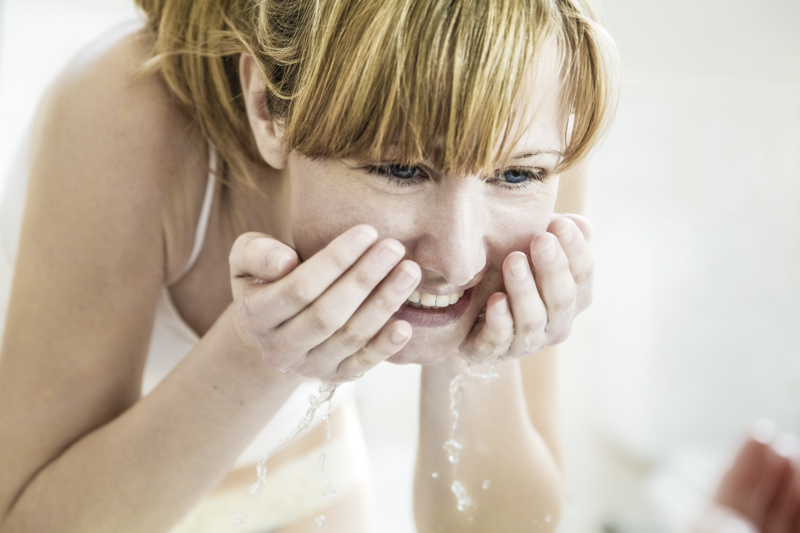What causes it, how it is treated
Itching is a common problem during menopause and can occur in the body, face or genitals. Hormonal changes that occur during menopause can cause, besides itching, a number of other skin symptoms, such as increased sweating.
The role of estrogens is important for the health of the skin as they stimulate the production of natural oils and collagen – the protein that keeps the skin elastic. During menopause, estrogen levels begin to decline, resulting in a decrease in natural oils and collagen. So, it becomes drier and thinner than it was before menopause – sensitivity that often causes itching.
As the skin loses some of its elasticity during menopause, it becomes more susceptible to products for cleansing and grooming. The same is true for the vaginal area. Reducing estrogen creates dryness and thinning of the tissues, so more care is needed in the choice of soap or foam bath.
Try to avoid too hot water that “dries” the skin from its natural oils, reduce the consumption of alcohol and caffeine that make the skin drier, avoid strong sun, wear soft and spacious clothes, and maintain hydration. Proper hydration of the skin after showering or bathing can help maintain moisture in the outer layer of the skin and relieve dryness and itching symptoms.
If the symptom is severe, your doctor may prescribe topical treatment, such as creams for application to the skin or – considering other possible symptoms related to estrogen depletion – consider hormone therapy, which may help with the management of most menopausal symptoms.






